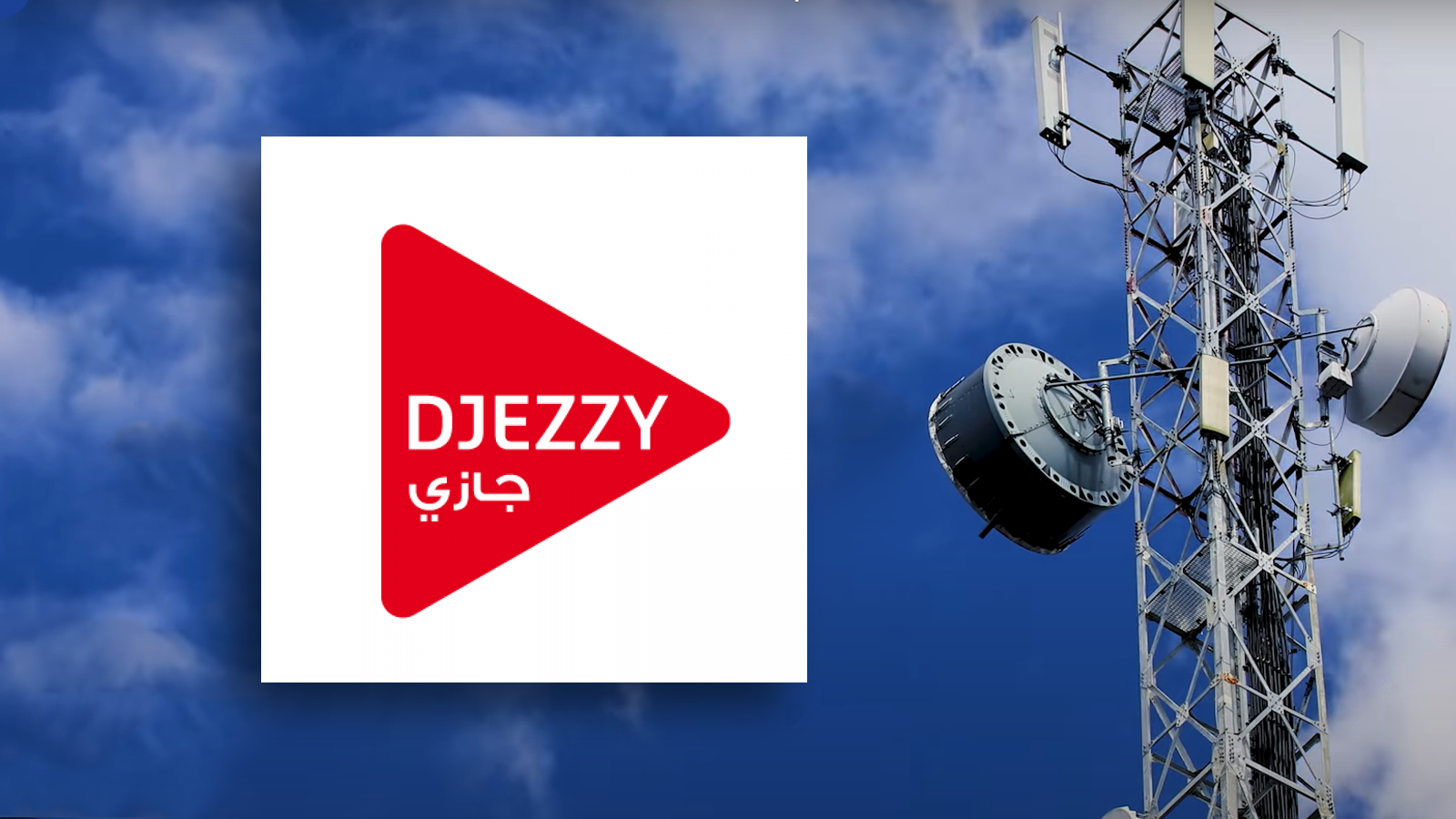Nokia and Djezzy trial 5G-ready carrier aggregation using microwave ‘anyhaul’
Nokia has achieved anyhaul speeds of up to 8.5Gbps using its microwave Wavence product, which will support growing demand for capacity and low latency within next-gen networks.

Get up to speed with 5G, and discover the latest deals, news, and insight!
You are now subscribed
Your newsletter sign-up was successful
Nokia has announced the successful completion of a trial with Algerian mobile operator Djezzy, using microwave ‘anyhaul’ carrier aggregation to support increased demand for capacity.
A major challenge for mobile network operators has been how to extend existing 4G LTE and 5G connections into areas where a physical, fiber or copper connection isn’t feasible. One way to do this is to use microwave technology, which can create a point-to-point connection, capable of multi-gigabit speeds.
The Djezzy trial used Nokia’s Wavence microwave transport product, with an ultra-high capacity of 8.5Gbps, and reaching distances of nearly six kilometers. With its reduced latency and high capacity, the solution will allow Djezzy to deliver new services to its 14.2 million subscribers.
"This trial demonstrates how carrier aggregation technology can be utilized to support the ever increasing demands for data."
Giuseppe Targia, Nokia.
“This trial demonstrates how carrier aggregation technology can be utilized to support the ever increasing demands for data, particularly at a time when connectivity is so crucial,” said Giuseppe Targia, VP MN Transport Business Unit, Mobile Networks at Nokia. “We are delighted to continue our strong partnership with Djezzy on this project and will continue to work with it hand-in-hand to deliver innovative microwave solutions that support its business targets.”
Microwave 'anyhaul'
Microwave anyhaul is a way to transport data to the core network when fiber is not an option. It uses an air-interface to send radio signals (up to 170 GHz), and enables the transmission of data over long distances at ultra-high speeds, whilst supporting network slicing for handling the new demands of 5G.
“We believe this fast deployment of microwave carrier aggregation will help us achieve our goal of boosting enhanced mobile broadband."
Eric Bourland, Djezzy Algeria.
“This is an important trial that delivers ultra-high capacity granting Djezzy a solid solution for mobile backhaul,” said Eric Bourland, Chief Digital and Technology Officer at Djezzy Algeria. “We believe this fast deployment of microwave carrier aggregation will help us achieve our goal of boosting enhanced mobile broadband (eMBB). It also allows us to improve our network capacity in order to meet the growing mobile traffic demand in Algeria.”
An increasing need for capacity means that operators need to reevaluate the technology they use to deliver services, especially as they prepare to upgrade to 5G, which isn’t just about speed, but also low latency. And by embracing aggregation, different technologies can be combined to meet the bandwidth demands of an increasingly voracious mobile audience.
Get up to speed with 5G, and discover the latest deals, news, and insight!
- Discover the best 5G networks in the UK and US
- Get your hands on the hottest 5G phones
- Millimeter wave: the secret sauce behind 5G
- The complete guide to 5G security
- We reveal the latest 5G use cases
- Discover the truth behind 5G dangers
- 5G towers: everything you need to know
Dan is a British journalist with 20 years of experience in the design and tech sectors, producing content for the likes of Microsoft, Adobe, Dell and The Sunday Times. In 2012 he helped launch the world's number one design blog, Creative Bloq. Dan is now editor-in-chief at 5Gradar, where he oversees news, insight and reviews, providing an invaluable resource for anyone looking to stay up-to-date with the key issues facing 5G.

